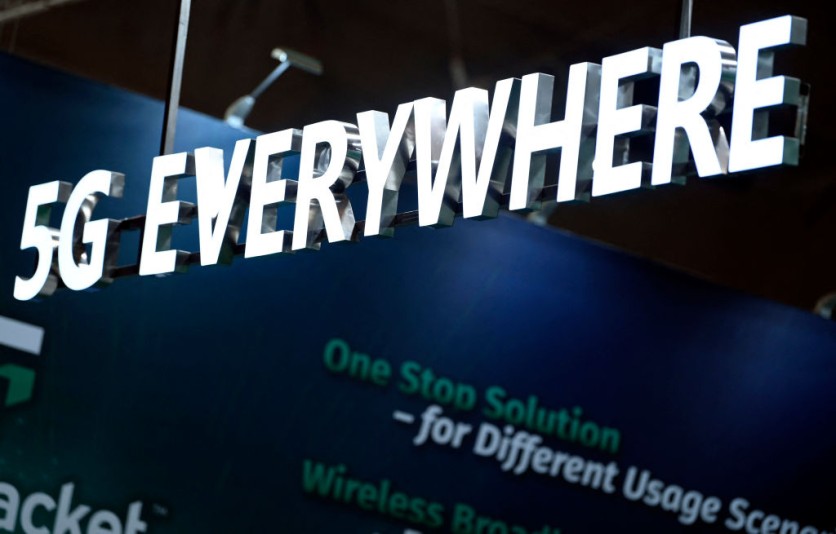In a strategic move to redefine the dynamics of global wireless networks, researchers at Rice University in Texas are developing ETHOS, an innovative testing framework.

A lighted sign reads "5G Everywhere" at the Mobile World Congress (MWC), the telecom industry's biggest annual gathering, in Barcelona on March 1, 2023.
Introducing ETHOS
ETHOS aims to assess the stability, interoperability, energy efficiency, and communication capabilities of software-based 5G radio access networks (RANs) infused with machine learning.
Interesting Engineering reported that this initiative is poised to contribute significantly to shaping the future landscape of wireless communication.
The evolution of 5G networks is driving a transition towards software-centric architectures, marking a departure from conventional hardware-centric structures. In this paradigm shift, software assumes an increasingly prominent role in the oversight and control of network functions.
As mobile users' expectations for the quality of their 5G experiences soar, there is a consequent surge in demands on network capacity and performance. Addressing this challenge, there is an urgent requirement for advanced testing methods to ensure resilient real-time performance.
Facilitating wireless connectivity between user devices such as smartphones, tablets, and IoT devices, the 5G RAN plays a pivotal role in establishing a link between these devices and the core network. This connectivity enables users to seamlessly access a diverse array of services.
Going Beyond 5G
In the realm of testing methodologies, ETHOS emerges as an ingenious approach that goes beyond merely assessing the communication effectiveness between devices.
It delves into the intricate interplay between computer systems and the distinctive attributes of machine learning, examining their impact on the software responsible for managing wireless networks.
Rahman Doost-Mohammady, the principal investigator of the project and an assistant research professor of electrical and computer engineering, highlighted the prevailing focus on communication aspects in existing testing methodologies for wireless products.
These conventional methods center around evaluating factors such as load testing and channel emulation. ETHOS, with its comprehensive approach, introduces a nuanced perspective to the evaluation of wireless network software.
As the prevalence of software-based wireless products continues to rise, there is a growing need to adopt a more comprehensive testing approach, as emphasized by Doost-Mohammady in its press release.
The distinctive features of 5G connectivity, characterized by high speeds, minimal latency, and expanded bandwidth, significantly enhance the overall user experience.
Looking ahead, the team plans to assess the testing framework's efficacy. Utilizing machine learning algorithms for 5G RAN, they intend to conduct tests on the NVIDIA-supported Aerial Research Cloud (ARC) platform.
Tailored specifically for the latest wireless technology, the ARC platform simplifies the initiation and creation of new programs designed for real-time networks, providing developers with a user-friendly environment.
Sabharwal, co-principal investigator of the project, underscored the extensive impact of the project, highlighting its potential to revolutionize the testing of software-based and machine learning-enabled wireless products.
The goal is to establish a more comprehensive and responsive testing approach that aligns with the complexities of real-world network environments.
By providing the industry with advanced tools for evaluating and ensuring product stability, energy efficiency, and throughput, the research is poised to contribute significantly to the successful deployment of 5G and future wireless networks, Sabharwal added.
Acknowledging the significance of this research initiative, the project secured financial support through a $1.9 million grant from the U.S. Department of Commerce's National Telecommunications and Information Administration (NTIA).
Related Article : LG Sets New Distance Record for Data Transmission Using 6G Tech

ⓒ 2025 TECHTIMES.com All rights reserved. Do not reproduce without permission.




